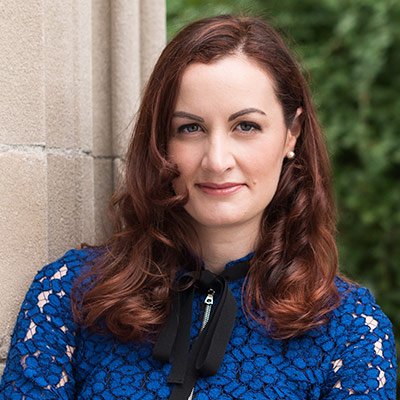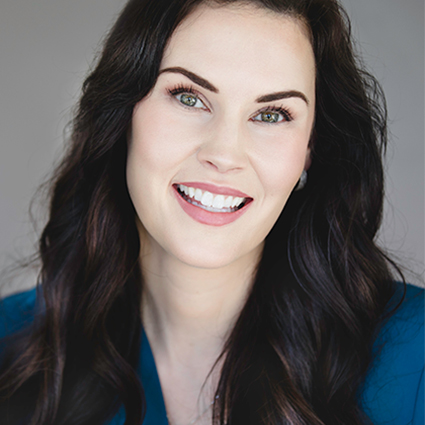Two DLSPH Profs. Become Members of the College of New Scholars at The Royal Society of Canada
September 7/2021
By Françoise Makanda, Communications Officer at DLSPH
DLSPH Profs. Laura Rosella and Andrea Tricco are now members of the College of New Scholars of the prestigious Royal Society of Canada.
“This means so much to me on a personal and professional level,” says Rosella, DLSPH’s PhD program director in epidemiology. “They bring together the best scientists and artists and intellectuals in Canada, and they use it to advance society.”
The recognition allows researchers to connect formally with other distinguished researchers to address societal problems. Both Rosella and Tricco are currently Tier 2 Canadian Research Chairholders.
“I’m really interested in work that addresses community belonging, cohesiveness in societies and bringing people together. And the Royal Society is well-positioned to do that,” says Rosella
Researchers within her realm are eager to find ways to answer questions like how to build a more cohesive society, how to make everyone feel like they belong and what are the pathways to health, all while using new sources of population data, she says.
Rosella is also keen on working with other scholars on making artificial intelligence (AI) and machine learning ethical and equitable to improve society.
Typically, technology gets put out first without considering the impact of potential bias or inequities. Rosella thinks there’s a better way. “Let’s start on at least a better foot to begin with and try and mitigate some of these issues as best as possible, and then measure it, and respond and adapt quickly. And it’s what we do in population health analytics, continuously learn and adapt with data. This approach will result in better outcomes and impact for society and with a dedicated focus on implementing these methods, I know we can get there.”
Finally, she hopes to meet other like-minded researchers on projects that would assist in post-COVID recovery with a population health lens.
“Bringing in my skills from population health, how do we build back better? I think there’s going to be a lot of attention on that. And I think that public health has a lot to contribute. We can do more with the data that we have, and we have an opportunity to more intentionally focus on strengthening communities—those are the ideas that I am interested in advancing for Canada.”
As for Tricco, she remains committed to providing knowledge and evidence efficiently and accurately to decision-makers as they tackle enduring health issues. She is a co-principal investigator on a pan-Canadian Canadian Institutes of Health Research (CIHR) initiative which shortens knowledge synthesis for decision-makers from months to days on COVID-19 related questions.
She is also the nominated principal investigator on another team, the Strategic Patient-Oriented Research (SPOR) Evidence Alliance, that provides evidence to decision-makers like the Public Health Agency of Canada and the World Health Organization. The results have been used to make integral policy decisions on COVID-19 among other topics.
“Part of my contribution will be sharing the results of those reports with the RSC,” says the Unity Health Toronto researcher. “And, broadening my contributions to other decision-makers across Canada, as well as other research teams.”
The DLSPH alumna and associate professor has been working in knowledge synthesis for the last 17 years. Knowledge synthesis used to take a year as researchers sorted out millions of studies using advanced methods and high-quality information. During her academic career, she has been able to bring the process down to three months and recently within a matter of days within the COVID-19 context.
With additional support from the CFI-JELF which she won this summer for a pan-Canadian consortium, she will be able to shave the process down to 10 to 14 days without making any adjustments to the methods.
“We are trying to create a tool with AI that would allow us to speed up the research process for decision-making, so we can provide evidence much quicker, and making sure that it’s very valid and very reliable information. That would be a tool that could be made available to the members of the RSC.”
She’s looking forward to extending her network and helping other fellows as well. She currently provides support and mentorship to knowledge synthesis teams across Canada.
Tricco says, “I’m incredibly passionate about training the next generation of scientists and providing them with mentorship and sponsorship so that they can achieve their goals.”

